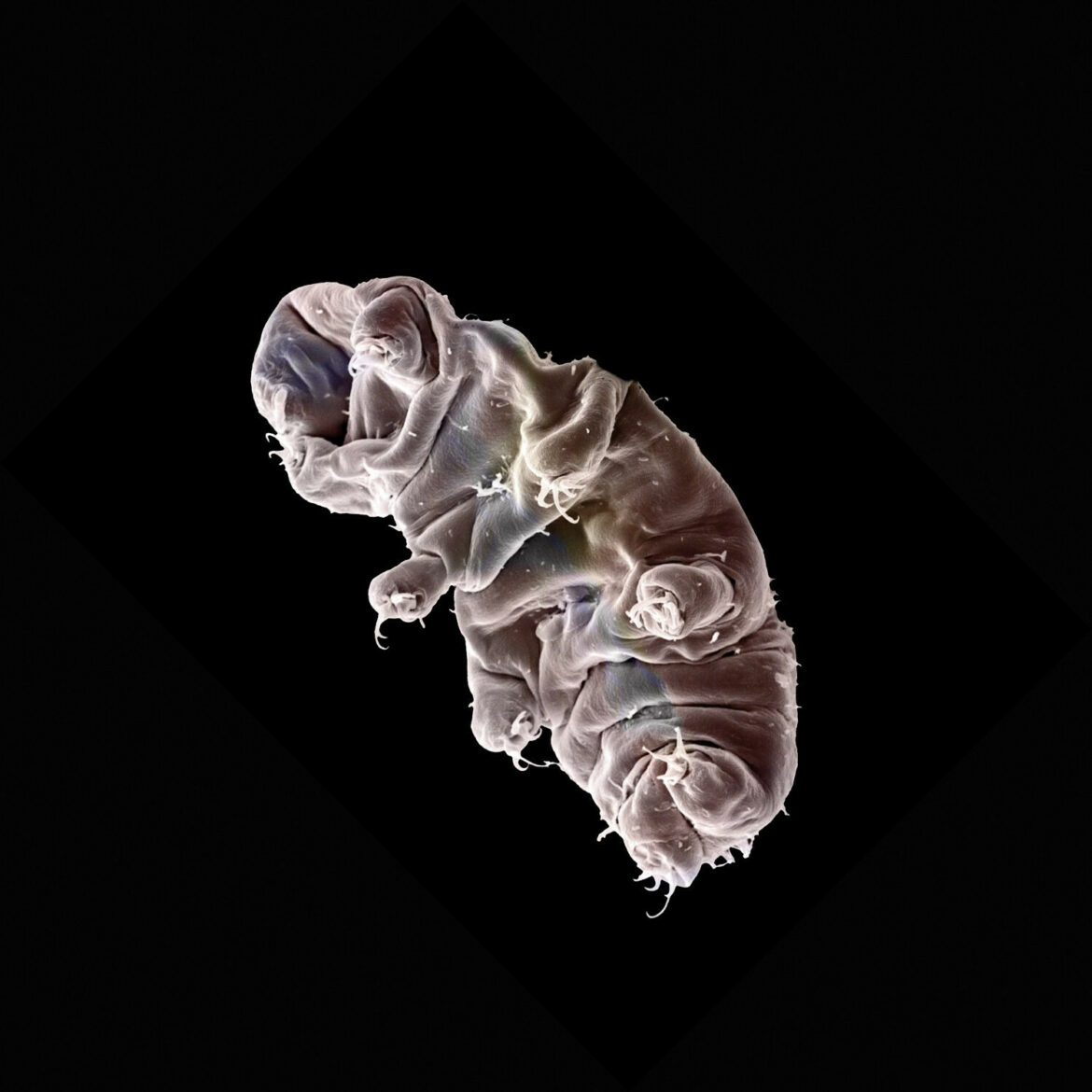An inter-university team with scientists from the University of Gdansk and Adam Mickiewicz University in Poznan is conducting pioneering research on tardigrades, microscopic invertebrates considered to be the most resilient animals on Earth. The results of the study were published in the journal Scientific Reports from the Nature group.
Measuring just 0.01 to 1.2 mm, the invertebrates inhabit ecosystems on all continents. They have the remarkable ability of cryptobiosis, which enables them to go into anabiosis, a state of latent life. This occurs when the conditions in which they are found become unfavourable. This allows them to survive in extreme conditions: in temperatures ranging from absolute zero to more than 150°C; in high doses of UV and ionising radiation; in very low and very high atmospheric pressure, and in a state of desiccation.
Tardigrades can even survive the vacuum of space. Thus, they have also become a model object in astrobiological research. However, to date, despite extensive research, the mechanisms of cryptobiosis on molecular and physiological grounds are poorly understood.
One type of cryptobiosis is anhydrobiosis, a state of desiccation in which non-corals can survive for up to several years. It is not known what makes these microscopic organisms seem almost indestructible. Perhaps they owe these amazing abilities to the microbiome inhabiting their body.
To answer this question, several experiments will be carried out, and one of them is to analyse the microbiome associated with different species of tardigrades at different stages of their development, starting with the egg, through pre- and post-anhydrobiosis adults, as well as individuals in the anhydrobiosis stage. The study will identify bacteria specific to a particular species of tardigrade at a particular developmental stage and bacteria that may be responsible for the ability of tardigrade to anhydrobiosis.
Arkadiusz Słomczyński





